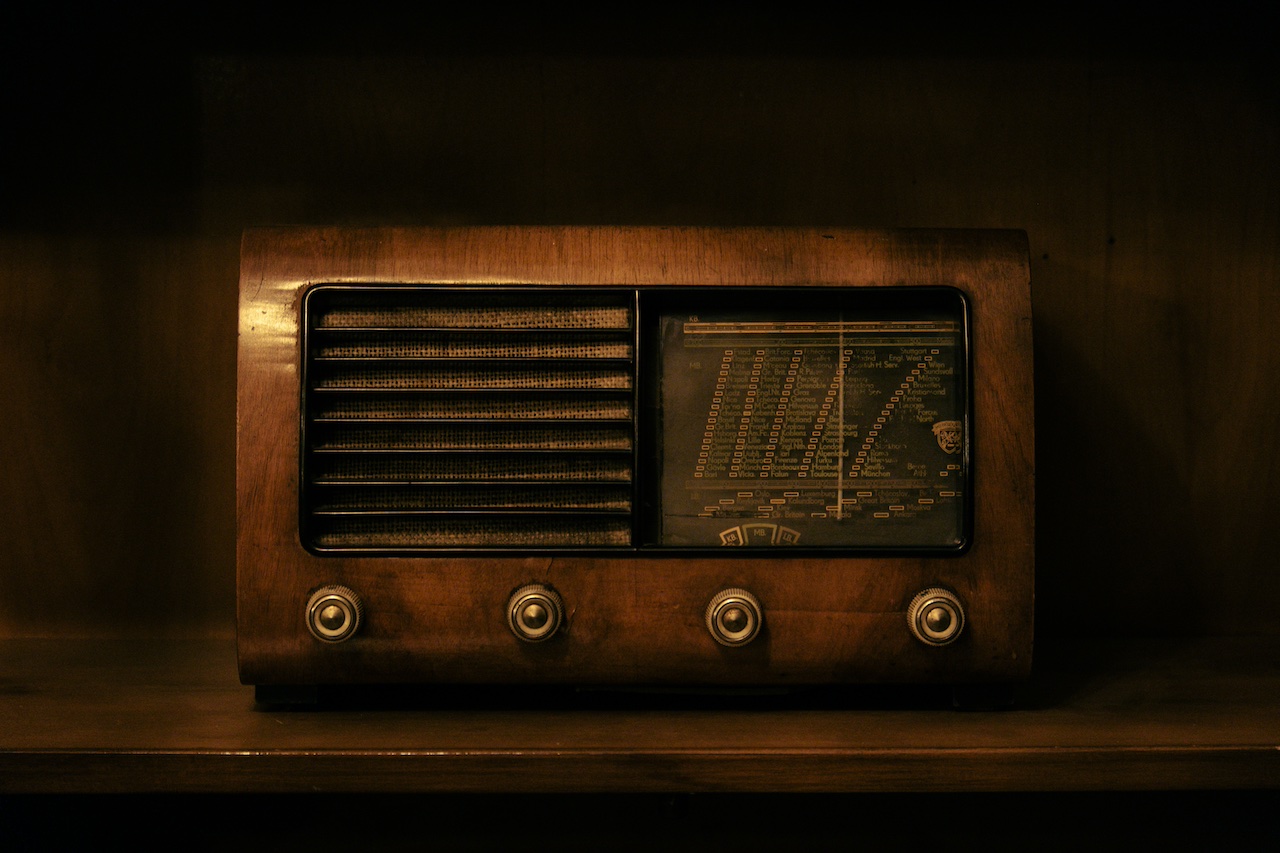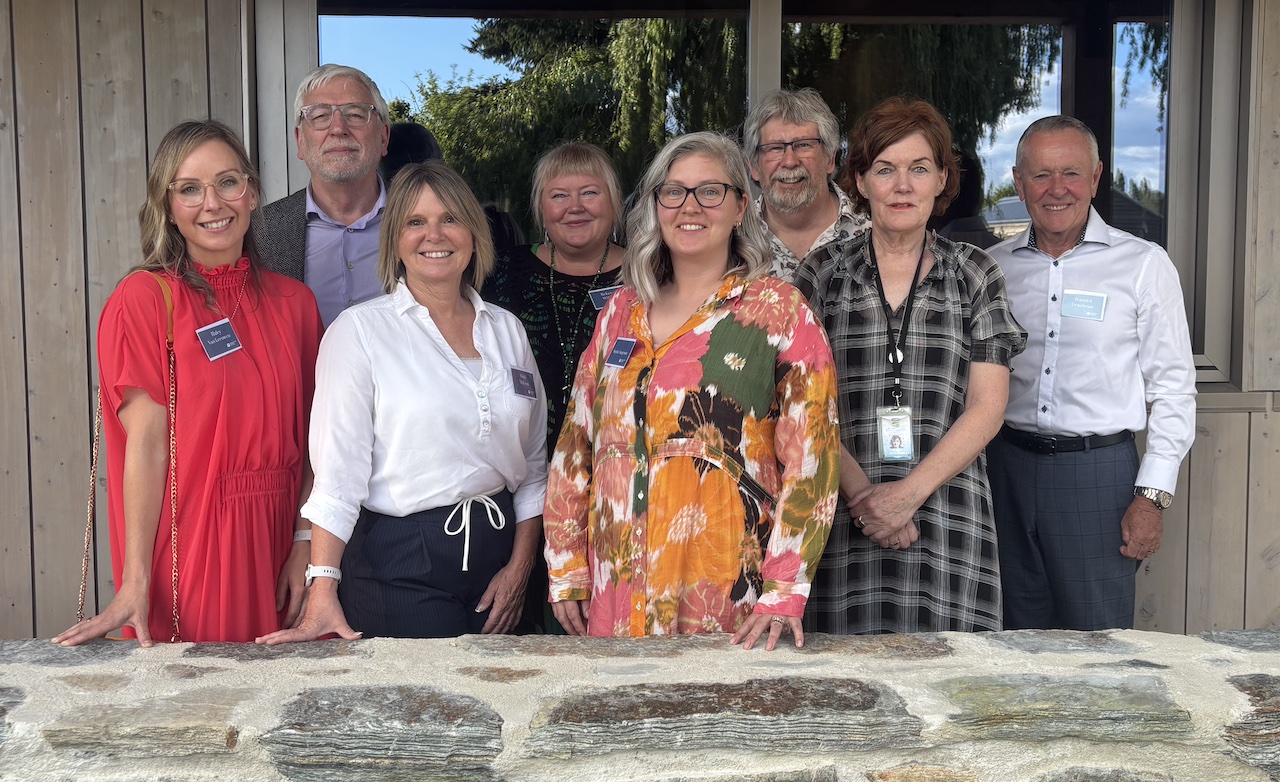ORC backs rural radio lifeline
Aimee Wilson
07 November 2025, 4:32 PM

The importance of wireless radio was highlighted by the Otago Regional Council this week, after the devastating Spring storm across the lower South Island.
Mobile infrastructure failed in some parts of the south, and the ORC is writing a letter to the Minister for Media and Communications Paul Goldsmith, regarding the resilience of the network.
Infrastructure redundancy was earmarked as an urgent matter that councillors agreed needed to be addressed.
The extreme weather event caused widespread infrastructure failure across the lower South Island, with more than 25,000 homes losing power, some for several days.
The storm also left many communities without mobile coverage for extended periods after cell towers lost power within hours of the outages.
Communications and water supplies were also disrupted as backup systems failed, revealing serious weaknesses in regional resilience.
The impacts were felt most acutely in rural areas, where farms lost power to milking sheds, water pumps, and animal welfare systems. Emergency hubs were established to provide essential services
such as showers, charging stations, and laundry facilities while repairs continued.
“We understand that telecommunications providers have made progress on improving network redundancy, but recent events show that current backup standards remain insufficient, particularly in rural
and remote areas,” chair Hilary Calvert said in her report.

ORC Dunstan ward councillor Gary Kelliher wants the Government to support the viability of local radio stations. FILE SHOT.
Most cell towers rely on battery power for only a few hours, and generator deployment is logistically difficult when road access is limited.
The ORC is urging the Government to consider introducing a regulatory minimum standard for cell tower power backup systems to ensure that networks remain operational for an extended period
during emergencies.
They are also supporting a transition plan, backed by central government funding or incentives, to upgrade existing infrastructure across rural regions.
“We also note the importance of local radio broadcasting during such events. Many rural areas rely on community radio for updates when digital and mobile systems fail,” she said.
The ORC is asking the Government to consider ways to support the viability of local radio stations, recognising their essential role in public safety and communication during emergencies.
Cr Gary Kelliher told the meeting rural communities in particular were very reliant on telecommunication, and could be the difference between life and death in some situations.
“We don’t realise how much we rely on them until we don’t have them.”
He said radio had diminished substantially over the past few decades, and there were only a few operators that were holding onto the frequencies.
Hilary said with radio, people can get into their vehicles and instantly turn it on to find out vital information - without the use of internet.
“It’s lovely that we have to get back to old times. But it’s absolutely ironic that these systems haven’t been brought back in.”




